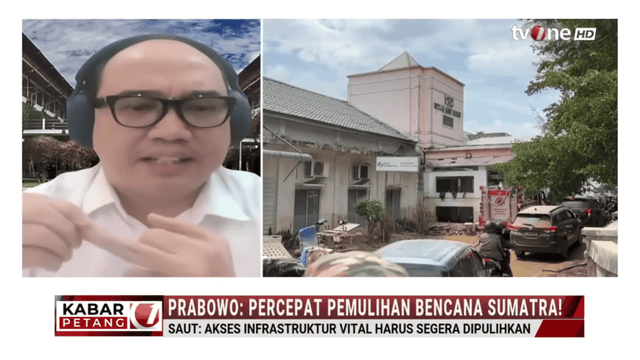Integration of Social Assistance and Security Programs in an Adaptive Social Protection Framework
The social protection system is crucial in supporting and maintaining household capacity to prepare for, cope with, and adapt to shocks through social assistance schemes, social insurance, and labor market programs [1]. In Indonesia, social assistance and social insurance programs have significantly contributed to poverty reduction efforts and in protecting citizens from various risks throughout their life cycle [2]. The Ministry of Social Affairs offers various forms of social assistance, such as cash transfers, basic food aid, building materials, death benefits, and livelihood recovery assistance [3]. Meanwhile, Indonesia’s social insurance schemes consist of five programs: National Health Insurance (JKN), Work Accident Insurance (JKK), Death Insurance (JKM), Old-Age Savings (JHT), and Pension Insurance (JP), all regulated under Law No. 40/2004 on the National Social Security System (SJSN). Recently, Indonesia introduced the Job Loss Insurance (JKP) scheme, originally intended to support workers who lost their jobs due to the COVID-19 pandemic.
However, the implementation of social assistance and insurance programs often faces challenges due to issues such as mistargeting of beneficiaries, uncoordinated program execution, funding limitations, and a lack of integrated data systems [4,5]. Social assistance and insurance coverage for the poor remains inadequate, especially in low-income countries. According to UNDP, only around 11% of the poorest population receives social protection programs [6]. In Indonesia, access to social insurance programs is also uneven, particularly among those working in the informal sector [7].
Countries with demographic changes and evolving labor markets, such as Indonesia, as well as high disaster and climate change risks, require a more adaptive social protection system. The Adaptive Social Protection (ASP) concept emphasizes the importance of investing in improving the resilience of poor and vulnerable households, particularly through social assistance and insurance schemes, so they can better prepare for, cope with, and adapt to various risks [1,8].
It is expected that implementing the ASP approach in social assistance and insurance programs will enhance their role in building household resilience to shocks, preventing them from falling deeper into poverty. This is especially important given the short-term impacts these risks have on poor households, such as asset loss, livelihood disruptions, income reduction, and other adverse effects that can undermine their long-term welfare. Poor and vulnerable groups have very limited capacity to recover before shocks occur, which can trap them in poverty or push them into even more extreme levels of poverty.
ASP offers a comprehensive approach to enhancing public protection by integrating social protection concepts with Disaster Risk Reduction (DRR) and Climate Change Adaptation (CCA). ASP strengthens public protection through vertical and horizontal expansion. Vertical expansion involves adding new types of benefits to existing program beneficiaries, while horizontal expansion increases the number of beneficiaries. Benefits can be expanded through cash and food aid to meet food needs during shocks. Additionally, combining these programs with disaster preparedness training will better equip households to handle emergencies. Conversely, horizontal expansion focuses on increasing the number of beneficiaries by targeting vulnerable groups such as children, pregnant women, the elderly, and people with disabilities.
Vertical and horizontal expansion has already been incorporated into several existing social assistance and insurance programs in Indonesia. Social assistance programs such as PKH, BPNT/Sembako, Rice Food Assistance, and RST, as well as social insurance programs like JKN, JKK, JKM, JHT, and JP, serve as regular social protection programs. Adaptive programs such as Adaptive PKH, ATENSI, PENA, Livelihood Assistance, BLT Food Risk Mitigation, KSB, TAGANA, Social Warehouses, Fisherman Insurance, Farmer Insurance, and Livestock Insurance align with the ASP framework. Existing social assistance and insurance programs have the potential to be further expanded to become more adaptive by: a) strengthening the "one data" system, integrating, and expanding regular social assistance and insurance programs; b) expanding the implementation of ATENSI and PENA programs, which have shown positive outcomes; c) expanding the implementation of KSB, TAGANA, and Social Warehouse programs, which help improve disaster preparedness; and d) increasing access to social insurance programs across various livelihood sectors.
As part of RDI’s contribution to supporting adaptive social protection in Indonesia, our study on how Indonesia’s social assistance and insurance programs integrate with the ASP framework has been published in the Salus Cultura Journal, issued by Kemenko-PMK. This discussion can be further explored in the following article (article is available in Bahasa Indonesia): https://jurnal.kemenkopmk.go.id/index.php/saluscultura/article/view/180/62
To read article in Bahasa:
